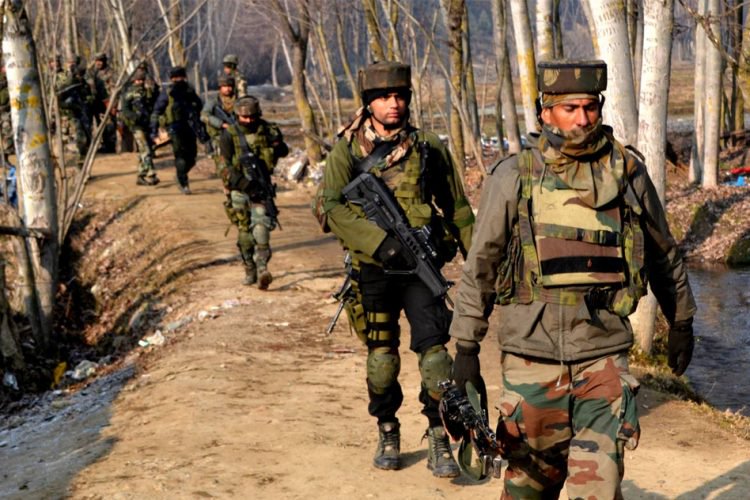In what comes as a boost for India’s defence exports, Bureau of Indian Standards (BIS) has stated that India has started exporting bulletproof jackets as per own its standards, which conform to international norms, to over 100 countries including European countries. A top BIS official said that India is the fourth country after the US, the UK and Germany, to have its national standard on the bulletproof jacket which provides 360-degree protection.
The BIS is a national body that performs the function of setting quality standards for various products and services. Till now, it has set standards for more than 20,000 items. BIS Deputy Director Rajesh Bajaj, speaking at the sidelines of an event, said, “I understand that bulletproof jackets are not only produced and procured in India as per the BIS standards but also being sold in 100 other countries.” He added, “We brought all stakeholders together and decided on a national standard, which is of international quality. Armed forces are now procuring as per this standard.”
JK Gupta, a scientist at the BIS also spoke about the setting of national standards for bulletproof jackets. He said, “India was not able to procure quality bulletproof jackets in the absence of standards. So, there was a long pending demand from the armed forces to set quality standards for this product.” He added that the BIS had established a national standard for the product, viz. bulletproof jackets, in December 2018 after a direction to that effect from PM Modi and the Niti Aayog.
Gupta also said, “The standard on bulletproof jacket was published in December 2018 and now everybody is implementing it. Under the Make in India programme, we have the world class facility and design capabilities. We are exporting these jackets to more than 100 countries even in Europe…”
Gupta further said that 1.86 lakh bulletproof jackets have already been supplied to the defence forces by domestic manufacturers and the tendering process for further supply of bulletproof jackets is underway. He also highlighted the salient features of the newly established standard and said that tough quality standard has been set in order to ensure that bulletproof jackets of various sizes can be manufactured in order to suit the requirements of the individual soldier and provide 360 degrees protection, including from AK-47 hard steel core bullets approaching at the speed of 700 metres per second.
The national standard also has provisions for the dynamic weight distribution system and design flexibility. It has also incorporated features of uniform and detailed testing protocol to ensure that everyone can adopt the same standard. Recently, retired DRDO chief, Vikram Saraswat who is presently a Niti Aayog member had said that more than 3 lakh bulletproof jackets are needed by the Indian armed forces. He had also said that the future tendering would be according to the BIS norms.
With the standardisation of production of bulletproof jackets in conformity with the international norms, India has a definite advantage when it comes to the high-level quality of the product. This seems to have also boosted the export of bulletproof jackets manufactured by India.
It also comes as a huge relief for the Indian armed forces which would no longer need to look for foreign options when it comes to procuring bulletproof jackets. They can now depend on domestic players producing top-notch bulletproof jackets following the national standard which conforms to the international norms and also incorporates provisions aimed at ensuring high levels of protection and flexibility to suit the needs of the individual soldier. The move to establish national standards for the production of bulletproof jackets has indeed put India in a different league.
India has been one of the largest importers of defence equipment for decades. For the period 2014-18, India was the second-largest arms importer after Saudi Arabia. According to a report published by Stockholm International Peace Research Institute (SIPRI), “India was the world’s second-largest importer of major arms in 2014–18 and accounted for 9.5% of the global total.” Defence imports sucked a large chunk of India’s foreign exchange and were responsible for severer stress on public finances of the central government.
The first term, Modi government brought Make in India initiative to promote domestic manufacturing in various sectors including defence. The initiative is producing positive results as the country is set to exceed the target of 35,000 crore rupees export target of defence products. “I expect the exports will surpass the target of Rs 35,000 crore by 2024-25,” said Defence Production Department Secretary Ajay Kumar.
